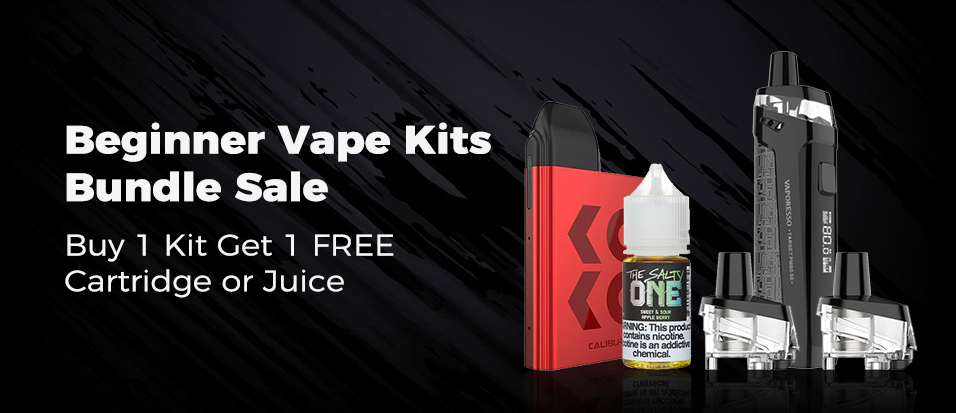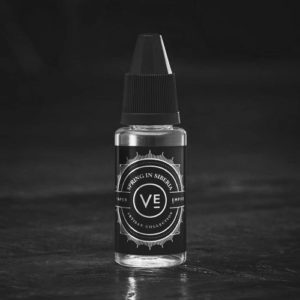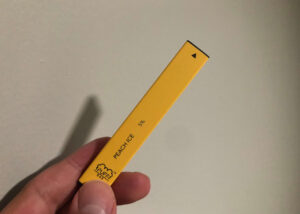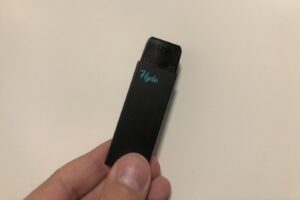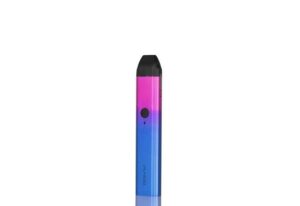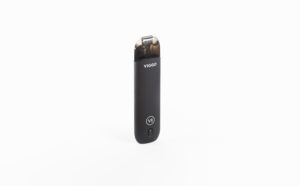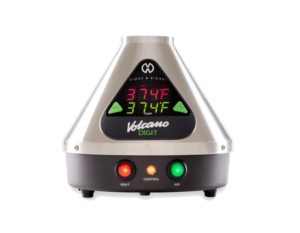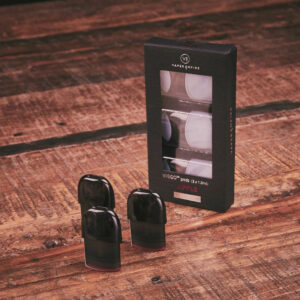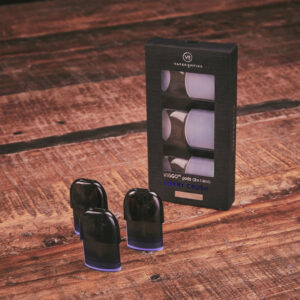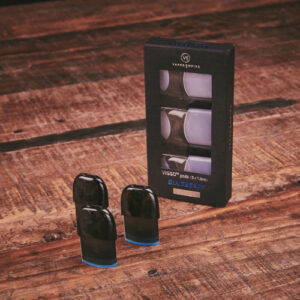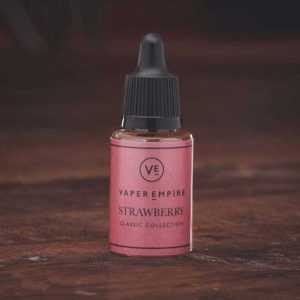Juul Labs, the company behind what was once the most popular brand of e-cigarettes in the United States before it was dethroned by competing products like the Puff Bar, has sued the US Food and Drug Administration (FDA) over its refusal to disclose documents that support its order banning the company from selling its e-cigs in the US.
According to Juul’s complaint, which was filed earlier this month with a federal court in Washington, DC, the FDA is improperly withholding scientific materials that the company believes to be “central” to understanding the FDA’s basis for its decision to ban the sale of the company’s products in the US.
Juul said that the documents withheld by the FDA would show whether the agency balanced public health benefits and product risks, as is legally required. The company also said that the material would show whether the FDA’s reasoning behind the ban was scientifically sound.
Juul claims its products help smokers quit cigarettes. As a former smoker that quit smoking with the help of Juul’s vaping products after more than ten years of smoking and countless quit attempts, I can personally attest to the fact that their products do help some smokers quit. While I no longer use Juul’s pod system, I credit it for helping me make the transition from smoker to vaper.
What I personally find to be particularly strange about the FDA’s decision to prohibit Juul from selling its e-cigarettes on the US market is the fact that the agency authorized the marketing of the Vuse Solo, an e-cigarette manufactured by R. J. Reynolds Vapor Company that directly competes with Juul, while issuing marketing denial orders to Juul Labs.
“The public deserves a complete picture of the scientific facts behind one of the agency’s most controversial and closely scrutinized decisions in recent years,” Juul Labs said. The company accused the FDA of violating the federal Freedom of Information Act by refusing to disclose the majority of the “scientific disciplinary reviews” underlying the sales ban.



